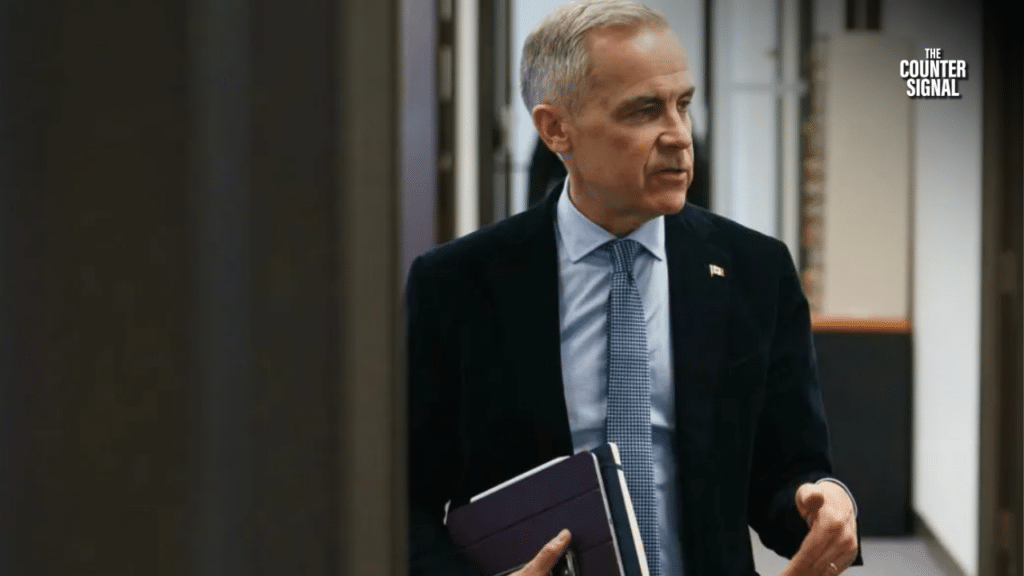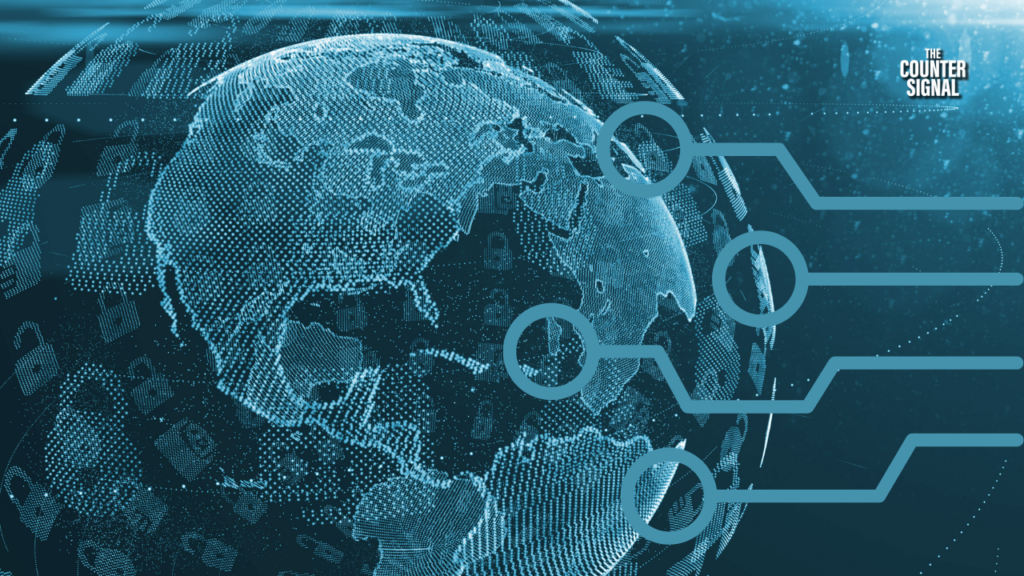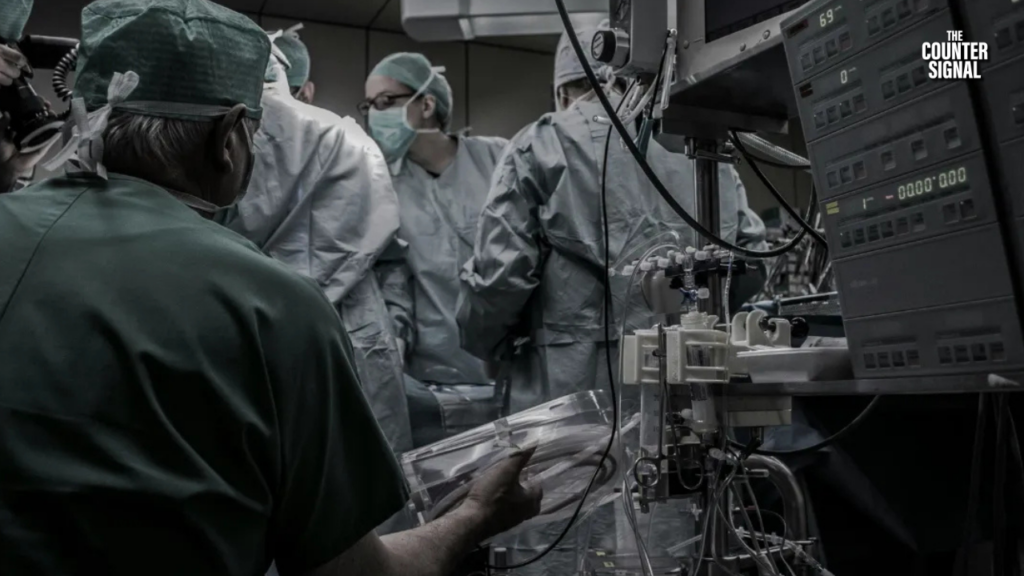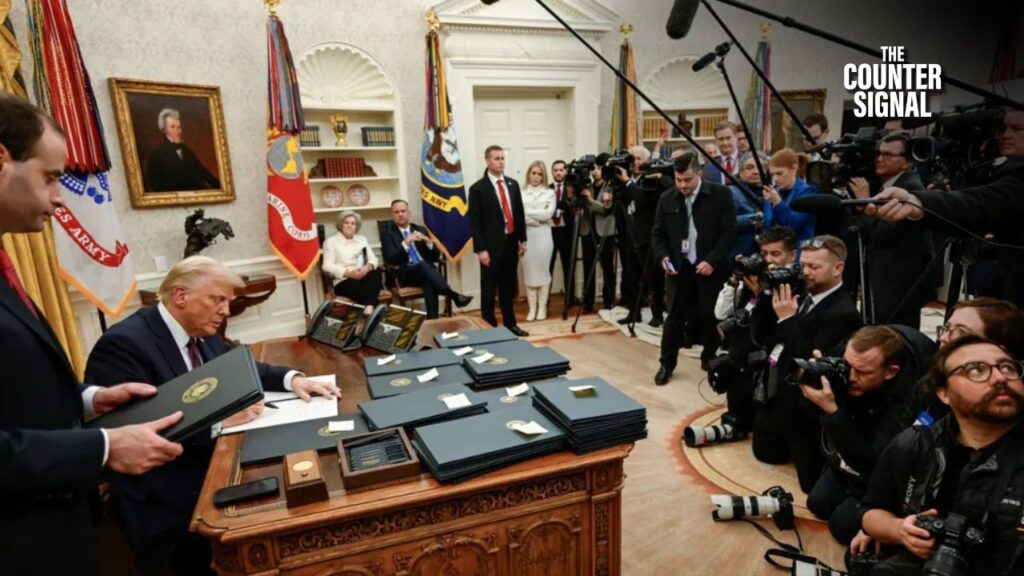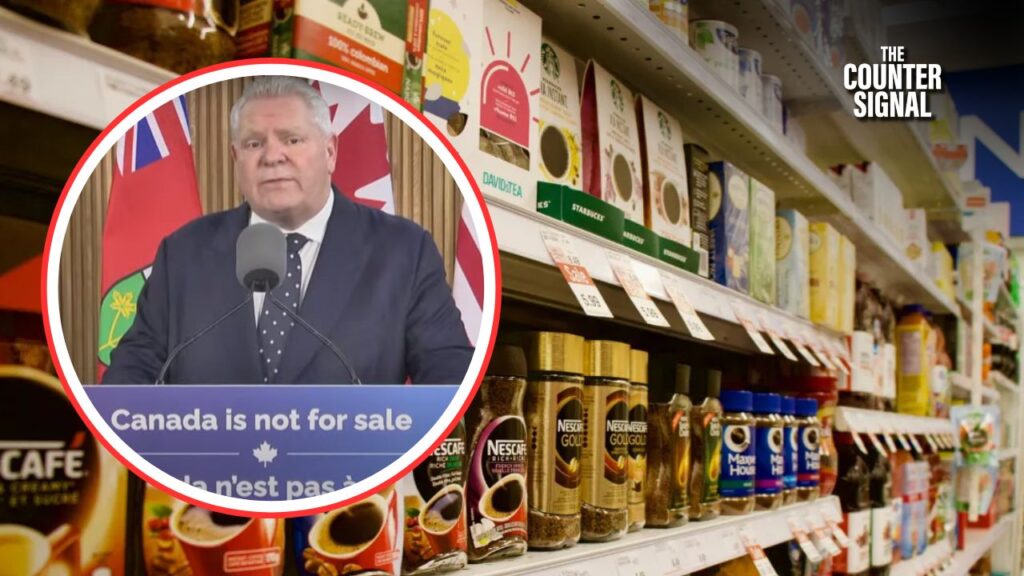Canadian farmers slammed Justin Trudeau over rising fertilizer costs resulting from his decision to put tariffs on Russian fertilizer.
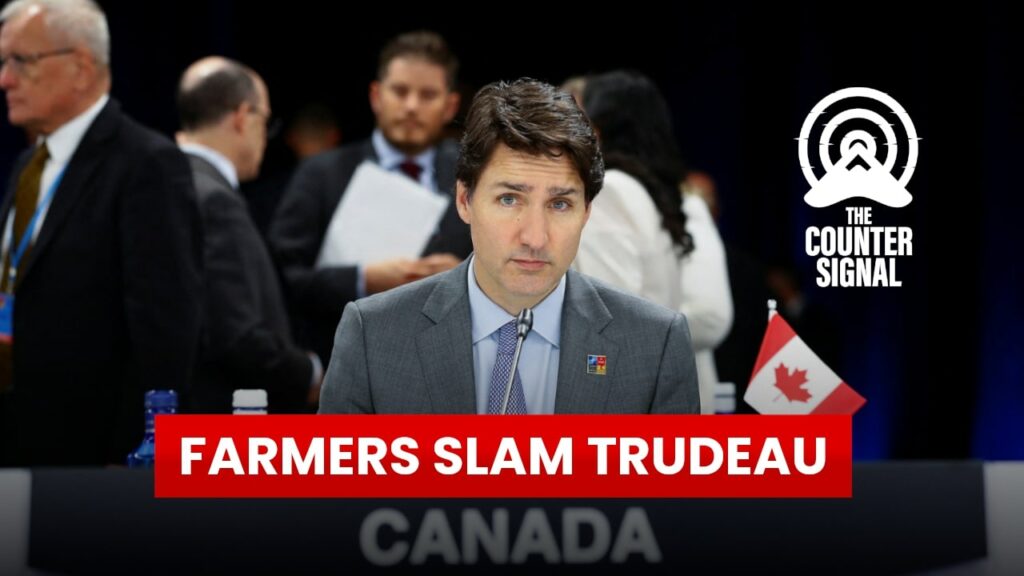
According to Ryan Koeslag, executive director of Ontario Bean Growers, tariffs on Russian fertilizer are wreaking havoc on the Canadian Agriculture Sector and the ability of farmers to merely keep their heads above water.
“Around one-third [of the 2022 shipments] had not been delivered into Ontario yet when that tariff was applied, and some of those ships were even being told that they would have to turn around,” Koeslag told CBC News in an interview. “… It’s hard to be a green farmer when you’re operating in the red.”
He also wonders why Canadian farmers are being forced to flip the bill for the war in Ukraine, despite other G7 countries abstaining from imposing such tariffs as they knew it would hurt their citizens.
“The United States is not applying a tariff. The U.K. and France are not applying a tariff. Why is it that Canada is the one that’s forcing our farmers to pay for the cost of the war in Ukraine?” asked Koeslag.
Indeed, as noted by Atlantic Grains Council chairman Roy Culberson, “The world needs Canadian farmers to produce our best crop this year. You cannot grow crops without fertilizer, and you cannot produce food without crops. An additional tariff paid by farmers on a global product such as fertilizer just penalizes the farmer. We look forward to working on a resolution with government.”
Earlier this year, Deputy PM and Finance Minister Chrystia Freeland acknowledged that the government’s decision to put tariffs on Russian fertilizer would negatively impact the Agriculture Sector but assured Canadian farmers that it wouldn’t be too bad.
“Tariffs and retaliation and sanctions are the most effective when you can devise policies that have the maximum impact on the counterparty whose attention you are seeking to get and do the minimal damage to yourself,” Freeland said a week after the Russia-Ukraine war kicked off.
How could it not cause more than “minimal damage,” though? According to Grain Farmers of Ontario, “Ontario, Quebec, and Atlantic Canada rely heavily on fertilizer imports. Approximately 660,000 – 680,000 tonnes of nitrogen fertilizer is imported from Russia to Eastern Canada annually, which represents between 85-90 per cent of the total nitrogen fertilizer used in the region.”
Trudeau, of course, hasn’t addressed any of the farmer’s concerns regarding tariffs. Moreover, the rising fertilizer costs come at a time when the Trudeau government is pushing forward with a 30% emissions reduction cap on nitrous oxide from fertilizer.
Indeed, as noted by Fertilizer Canada CEO Karen Proud, farmers are already reducing fertilizer use due to rising costs (resulting in less food and rising prices), and the nitrogen policy will only exacerbate the problem.
“We are talking about the food supply,” said Proud. “Canada is already among the top countries that use nitrogen efficiently. We don’t have much room to go before we start affecting yields.”
Agriculture Ministers from several provinces have also voiced their frustrations over the actions of the Trudeau government, explaining that this has already been the most expensive year for farming in recent memory, and Trudeau’s climate fanaticism is only going to make things worse.
“We’re really concerned with this arbitrary goal,” Saskatchewan Minister of Agriculture David Marit said. “The Trudeau government has apparently moved on from their attack on the oil and gas industry and set their sights on Saskatchewan farmers.”
Alberta Agriculture Minister Nate Horner agreed, adding, “This has been the most expensive crop anyone has put in, following a very difficult year on the prairies. The world is looking for Canada to increase production and be a solution to global food shortages. The Federal government needs to display that they understand this. They owe it to our producers.”
With what appears to be a coordinated attack on Canada’s Agriculture Sector and food supply, it’s no surprise that farmer’s groups speaking to Farmers Forum are wondering if he’s intentionally trying to cause a food shortage — which Trudeau previously told Canadians to prepare for.




